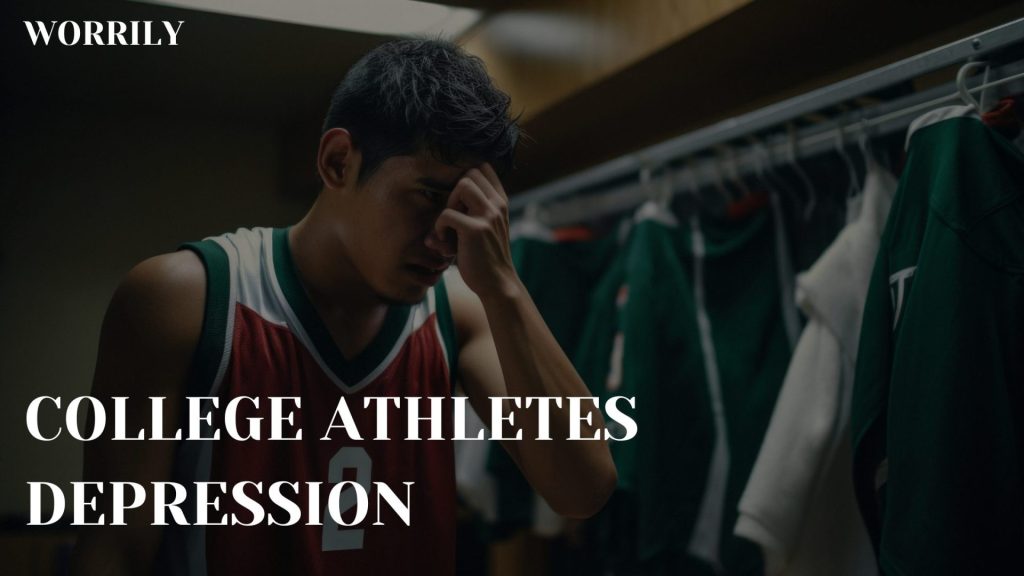Hello everyone, today we’re going to discuss a topic that doesn’t get enough attention: college athletes’ mental health. Although many of these young individuals portray an image of power and energy, many of them are actually struggling with major mental health issues, particularly depression.
Pressure Environment
Being an athlete in college is not a simple job. It can be very difficult to manage intense exercise schedules, classes, and the need to perform well.
One mistake can feel like an end of everything since it’s a never-ending battle. Depression and feelings of failure can result from the pressure for success in and out of the field.
Stigma Around Mental Health
Even while mental health is becoming more widely recognized, there is still a lot of negativity surrounding it, particularly in sports community.
Since athletes are frequently seen as tough and persistent, it may be more difficult for them to acknowledge when they need assistance. This perception may keep people from getting the help they require so much.
Impact of Injuries
Athletes get injuries on a regular basis. But the psychological effects of injuries are often overlooked. An athlete may become disabled by an injury, which would destroy their main identity and basis for self-worth.
Role of Coaches and Support Staff
An athlete’s life is greatly affected by their coaches and support staff. They often catch behavioral or performance changes before anybody others does and this is how stress affects college athletes.
It is essential that they receive training in identifying symptoms of depression and developing appropriate dialogue strategies.
Establishing a space where athletes feel comfortable sharing their challenges can have an immense effect.
Access to Mental Health Resources
Access to resources for mental health is crucial. These days, a lot of institutions have counseling services designed especially for athletes.
These services can give athletes a secure environment in which to discuss their difficulties and work through their emotions with a qualified individual.
It is important that the athletic community become aware of these resources and that they are simple for them to utilize.
Peer Support and Open Conversations
Assistance from others is also very helpful. Athletes have a unique understanding of one another’s difficulties that others might not.
It can help normal these discussions and reduce the judgment if teams are encouraged to have open conversations regarding mental health. Being aware of one’s circle of friends can be an effective tool in the fight against depression.
Balancing Life and Sport
It’s important to strike a balance between sports and other aspects of life. Encouragement to engage in activities outside of sports may help in an athlete’s development of a more complete character.
This state of balance can act as a shield against the all-consuming personality of sports, facilitating the ability to overcome obstacles and disappointments.
Conclusion:
The story of mental health in athletics has to be updated. athletes are not unstoppable. They possess all the flaws associated with becoming human.
We can assist collegiate athletes in overcoming their mental health obstacles and emerge stronger by creating a friendly environment, giving them access to mental health services, and promoting honest conversations.
So, let’s keep the conversation going and make mental health a priority in the world of college sports.
